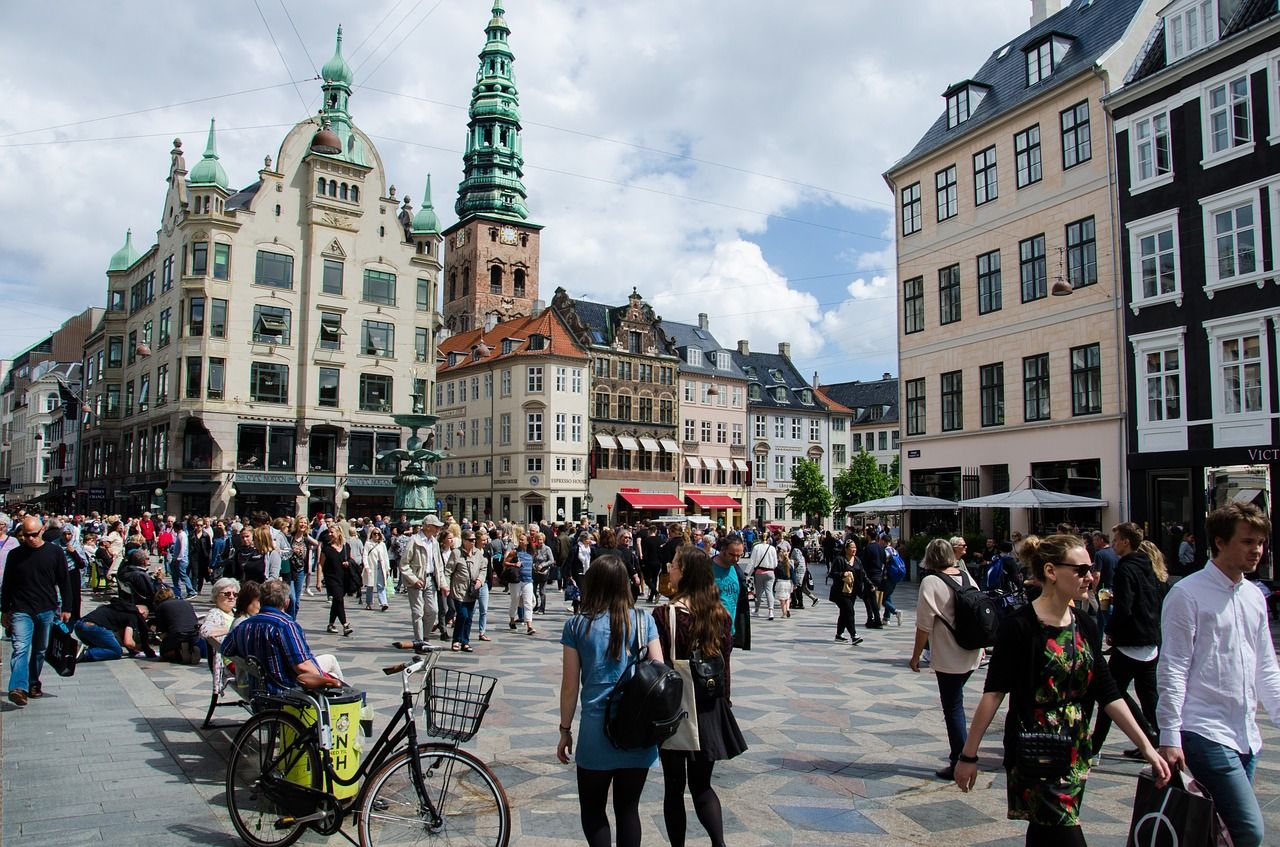Certain cities come with a high price tag. Living and working in Copenhagen can be a costly affair for expats.
A new report from Mercer has named Copenhagen as the 16th most expensive city for expats to live in – a huge nine-place increase compared to last year, when Copenhagen came in at number 25. Among the European cities on the list, Copenhagen was the fourth most expensive.
The annual report ranks 209 cities based on categories like the cost of housing, transportation, food and entertainment.
The list is topped by Ashgabat in Turkmenistan, Hong Kong and Beirut. While at the bottom, Bishkek in Kyrgyzstan is the least expensive city for expats.
The impact of COVID-19
The COVID-19 pandemic has had a significant effect on this year’s list with changing business models, travel restrictions and work-from-home solutions becoming widespread.
“Cost of living has always been a factor for international mobility planning, but the pandemic has added a whole new layer of complexity,” said Ilya Bonic from Mercer.
The report points to factors like the rise of short-term assignees, international foreign hires, permanent transferees, commuters, international remote workers and international freelancers as influential on the results.














